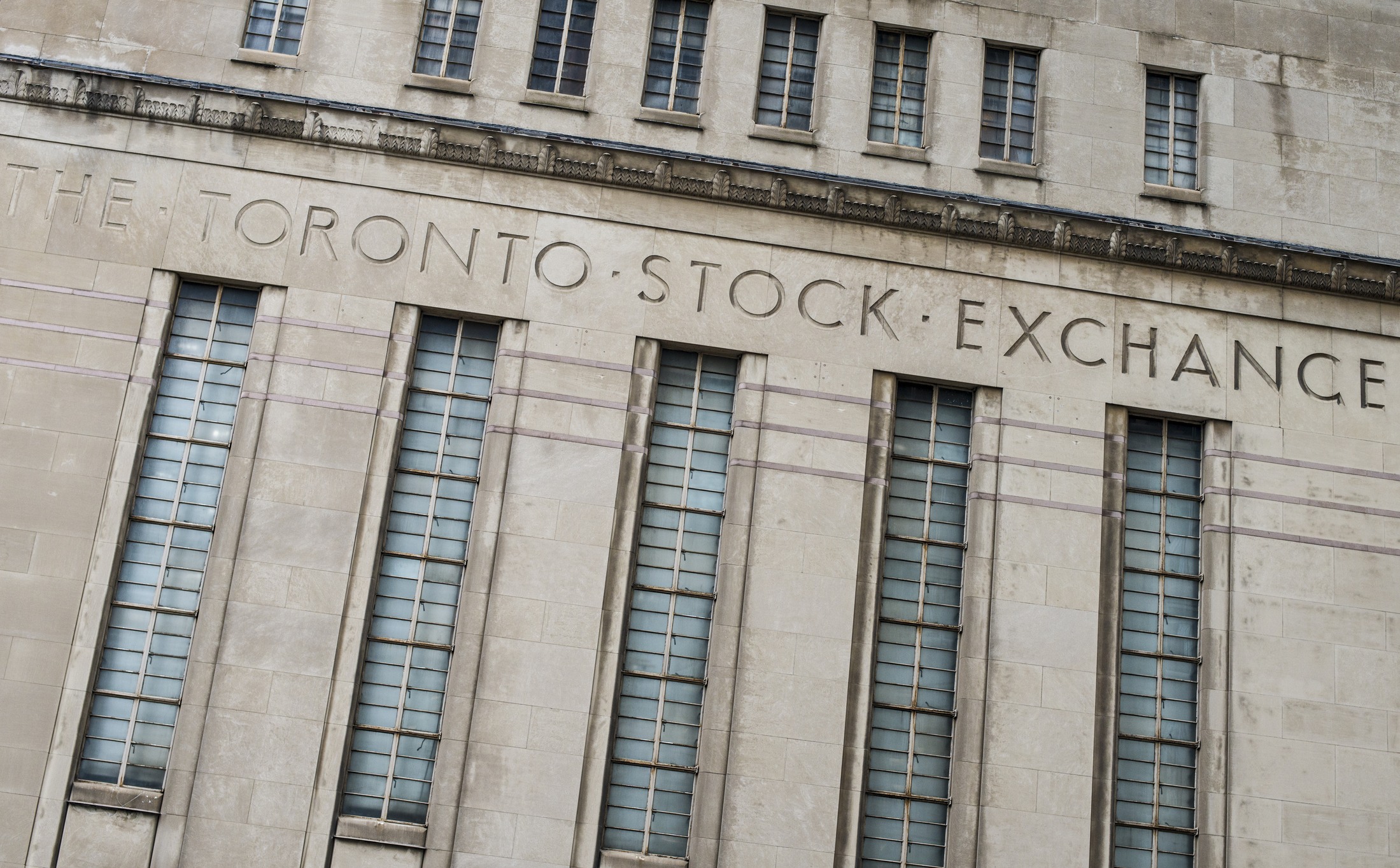S&P uncovers ‘index effect’ disappearing act
Investors looking to arbitrage index ins-and-outs would have seen shrinking rewards for their efforts over the last 25 years based on the findings of a new S&P Dow Jones Indices (S&PDJI) paper.
The S&P study found a “structural decline” in the so-called ‘index effect’ where share prices bounce up on entering key market benchmarks and fall when ejected.
According to the S&P analysis, “median excess returns of sample additions fell from 8.32% (1995 to 1999) to -0.04% (2011 to 2021), while the magnitude of median excess returns for sample deletions also fell, changing from -9.58% (1995 to 1999) to 0.06% (2011 to 2021)”.
“Similar trends were observed when comparing stock returns to the S&P 500 or the appropriate S&P 500 sector index,” the report says.
The study analysed price movements of shares moving both in and out of the key US S&P 500 stock index between January 1995 and June 2021.
However, the S&P analysis screened out stocks that shifted either way from the benchmark due to “restructurings, recapitalizations, bankruptcies, acquisitions, mergers, spinoffs, and delistings”.
The process saw the number of index additions considered in the study fall from the raw 715 to 576, or about 80 per cent coverage. But S&P only included 31 per cent of index deletions (or 223 of the total 711 drop-outs) “reflecting the fact that most deletions were caused by M&A activity or significant restructurings”.
“This speaks to the potential benefit of the Index Committee making constituent changes on an ongoing, as-needed basis; they are able to react to corporate actions in order to ensure the S&P 500 continues to reflect the performance of large-cap U.S. equities,” the report says.
Hamish Preston, S&PDJI director US equity indices, said the study suggests “an improvement in liquidity appears to have helped explain the attenuation in the index effect”.
Liquidity – as measured by an “implicit cost” levied by equity market-makers for holding stock in between trade and settlement – had risen considerably over the 25-year period under review, according to the research.
“… the implicit cost measure helped to explain more than 50% of the variation in median excess returns between 1997 and 2021,” the report says.
Preston said the study debunks the view that the index effect has increased in line with the huge rise in passive investing over recent years.
“We focus on the S&P 500 given it is the world’s most widely followed index-USD 13.5 trillion was indexed or benchmarked to the large-cap U.S. equity gauge at the end of 2020 -and so if the growth of passive investing contributed to an index effect, one might expect it to appear in S&P 500 additions and deletions,” the study says.
But the S&P report says results showing a significant fall in the index effect over the last 25 years “appears to reflect structural changes taking place in the financial industry and the capital markets”.
“From the rise of the ETF market makers to markets becoming more efficient, the passive investing ecosystem is evolving, with index rebalancing at the heart of it,” the paper says.











